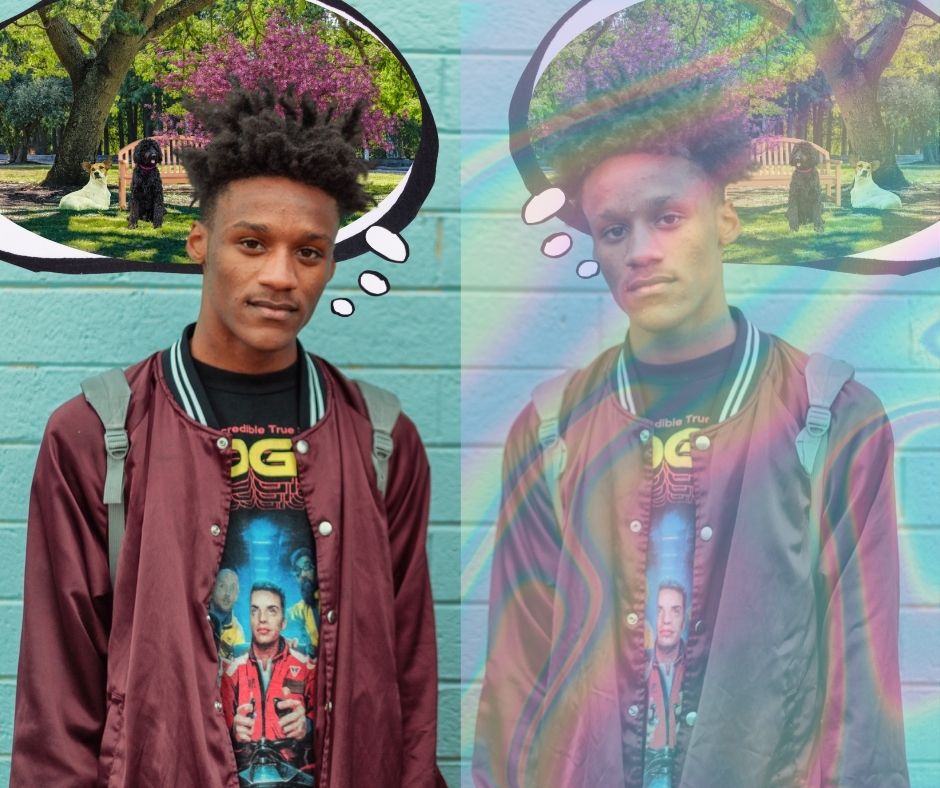Why Do We Get Déjà Vu? The Interesting Science Behind The Strange Feeling

Déjà vu, a term derived from French meaning "already seen," describes the eerie impression that a present experience has been previously encountered, even though you are aware that it has not. Although it typically lasts only briefly, it possesses enough potency to cause you to question your perception of reality. Professionals attribute déjà vu to a minor disruption in the brain's memory functions. Ordinarily, the brain distinguishes between recent occurrences and long-standing memories. Occasionally, a slight error occurs where the current situation erroneously triggers the region of the brain responsible for recognizing familiarity, leading you to misinterpret the instant as a memory.
An additional theory proposes that déjà vu arises when the brain processes information in two phases: initially subconsciously and subsequently consciously. If you initially observe something without full concentration, your brain may fleetingly acknowledge it. Then, upon closer examination, this faint sense of recognition can produce the illusion of familiarity because the brain has technically "encountered" it previously. Moreover, individuals often describe experiencing déjà vu when a real-life scenario mirrors a past dream. This may be attributed to dreams assimilating fragments of our daily experiences. When reality aligns with a detail from a dream, the feeling of familiarity heightens.
Déjà vu is more prevalent in younger individuals (aged 15–25) and tends to diminish with age. Some academics propose that the increased frequency among younger populations is associated with their more active memory functions, which can occasionally lead to crossed signals. Alternatively, others view it as an indication of a healthy brain that routinely verifies its memory system for inaccuracies, akin to an internal spell-check. Despite the captivating idea of déjà vu hinting at parallel universes or time loops, the scientific consensus leans towards it being a fascinating yet perplexing phenomenon related to memory and cognition. It is a moment when your brain momentarily confuses the present with the past.
Therefore, the next time you encounter déjà vu, regard it as a gentle prompt of the enigmatic and intricate nature of the human brain, which, despite its brilliance, can occasionally falter in the marvel of the instant.

